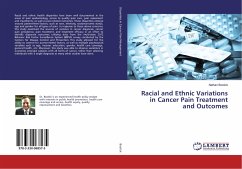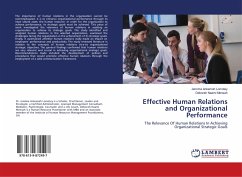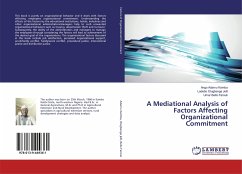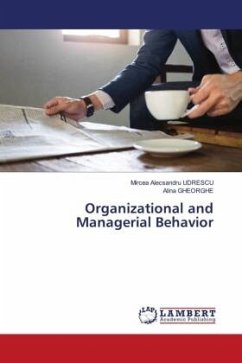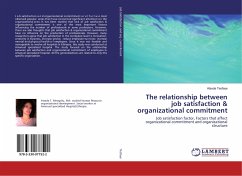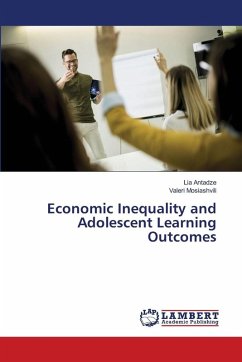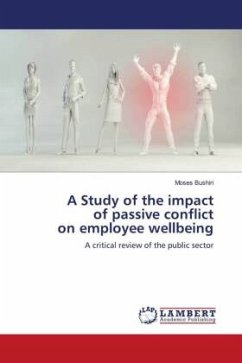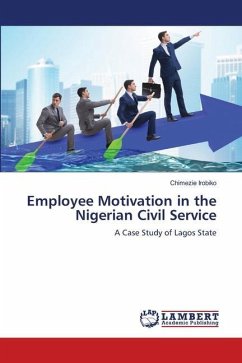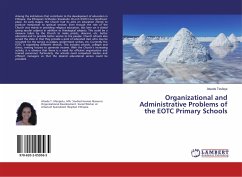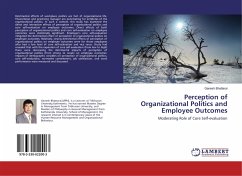
Perception of Organizational Politics and Employee Outcomes
Moderating Role of Core Self-evaluation
Versandkostenfrei!
Versandfertig in 6-10 Tagen
33,99 €
inkl. MwSt.

PAYBACK Punkte
17 °P sammeln!
Detrimental effects of workplace politics are fact of organizational life. Theoretician and practicing manager are penetrating for antidotes of the organizational politics. In such a context, this study has examined the direct and interactive effects of perception of organizational politics and core self-evaluation on employee outcomes. Direct effects of both perception of organizational politics and core self-evaluation on employee outcomes were statistically significant. Employee's core self-evaluation mitigated the detrimental effect of perception of organizational politics on employee outc...
Detrimental effects of workplace politics are fact of organizational life. Theoretician and practicing manager are penetrating for antidotes of the organizational politics. In such a context, this study has examined the direct and interactive effects of perception of organizational politics and core self-evaluation on employee outcomes. Direct effects of both perception of organizational politics and core self-evaluation on employee outcomes were statistically significant. Employee's core self-evaluation mitigated the detrimental effect of perception of organizational politics on employee outcomes. Relatively, strong detrimental effects of perception of organizational politics on employee outcomes were for those employees who had a low level of core self-evaluation and vice versa. Study had revealed that with the expansion of core self-evaluation (from low to high) there were decreasing the detrimental impacts of perception of organizational politics (from strong to weak) on employee outcomes. Impacts of demographic variables on perception of organizational politics, core self-evaluation, normative commitment, job satisfaction, and work performance were measured and discussed.



